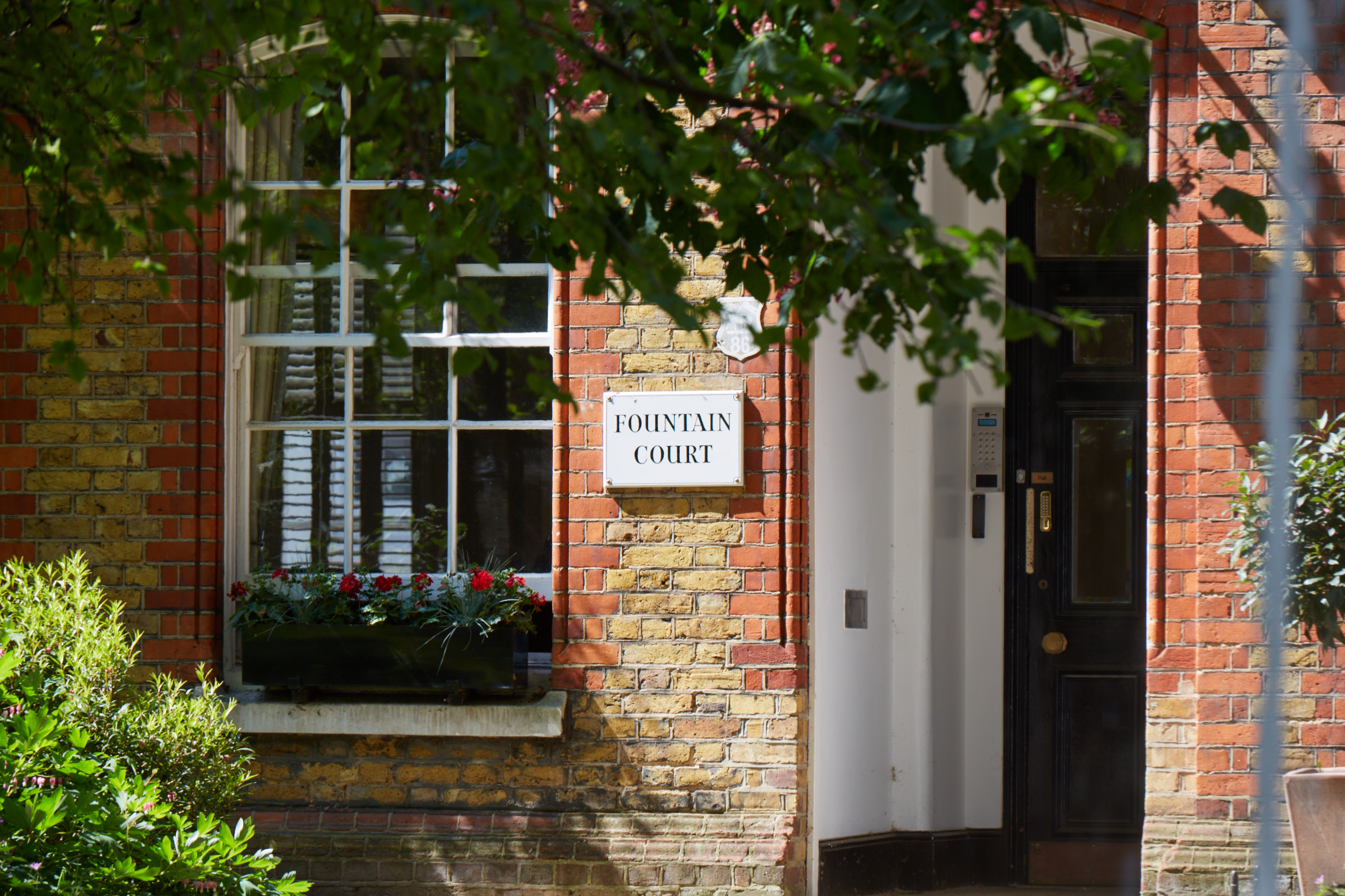
The High Court (Mr Justice Trower) has today dismissed an appeal brought by the Claimant in Boyse (International) Ltd v Natwest Markets Plc on the issue of whether its claim against Natwest Markets (the “Bank”) based on alleged fraudulent misrepresentations concerning LIBOR was statute barred. This remains the first case to be decided on the issue of limitation in LIBOR-rigging claims. The Judgment is available here.
The Claimant (“Boyse”) issued its claim on 19 February 2019. Boyse’s claim was for alleged consequential loss arising from two interest rate hedging products (“IRHPs”) entered into between Boyse and the Bank in 2007 and 2008. Boyse alleged that the IRHPs had been mis-sold (the “IRHP Claim”). Boyse also alleged that the Bank had, in the course of the sale of the IRHPs, made certain representations to Boyse concerning LIBOR (the “LIBOR Representations”), on which Boyse had relied when entering into the IRHPs and which had been false as a result (among other things) of the Bank’s misconduct in relation to LIBOR (the “LIBOR Representation Claim”).
In July 2020, Chief Master Marsh struck out the IRHP Claim and granted the Bank summary judgment on the LIBOR Representation Claim (as well as on a further claim by Boyse based on breach by the Bank of certain alleged implied terms relating to LIBOR). The appeal was concerned only with the LIBOR Representation Claim. The Chief Master had held that the LIBOR Representation Claim was clearly statute barred as a result of the combined effect of sections 2 and 32(1) of the Limitation Act 1980 (the “LA 1980”).
In his judgment handed down today, Mr Justice Trower has upheld the Chief Master’s decision and his reasoning. In particular, Mr Justice Trower agreed with the Chief Master’s conclusion that Boyse “could with reasonable diligence have discovered” the fraud alleged against the Bank (within the meaning of section 32(1) of the LA 1980) by no later than 6 February 2013 (i.e. more than six years before Boyse issued its claim), which was the date on which various financial regulators (including the Financial Services Authority, through its Final Notice) published details of their findings as to the Bank’s LIBOR misconduct.
In reaching this conclusion, Mr Justice Trower agreed with the Chief Master that a reasonably diligent person in Boyse’s shoes would have been alert to the widespread publicity regarding the Bank’s involvement in the LIBOR scandal in 2012, given that: (i) Boyse had (on its case) suffered a significant loss as a direct result of the IRHPs by early 2012; and (ii) Boyse’s case was necessarily that the LIBOR Representations had influenced it to enter into the IRHPs in the first place. Accordingly, Boyse was, objectively, on notice of the need for investigation prior to (and to be taken as having been aware of) the publication of the Final Notice on 6 February 2013. At that point, as Boyse accepted on appeal, there was sufficient material (objectively) available to Boyse for it to plead the LIBOR Representation Claim, such that time started to run.
As well as being the first case to be decided on the issue of limitation on LIBOR-rigging claims, this decision, which is the latest in a series of recent decisions on the application of section 32(1) of the LA 1980, is an illustration that, whilst many disputes arising under that section will be fact sensitive and require a trial, there can be cases in which the position is sufficiently clear (on the pleadings and the undisputed evidence) that summary judgment is available.
Laura John QC and Laurie Brock acted for the Bank, instructed by Hugh Evans, Paul McNamee and Sofia Wyzykiewicz of DLA Piper UK LLP.




